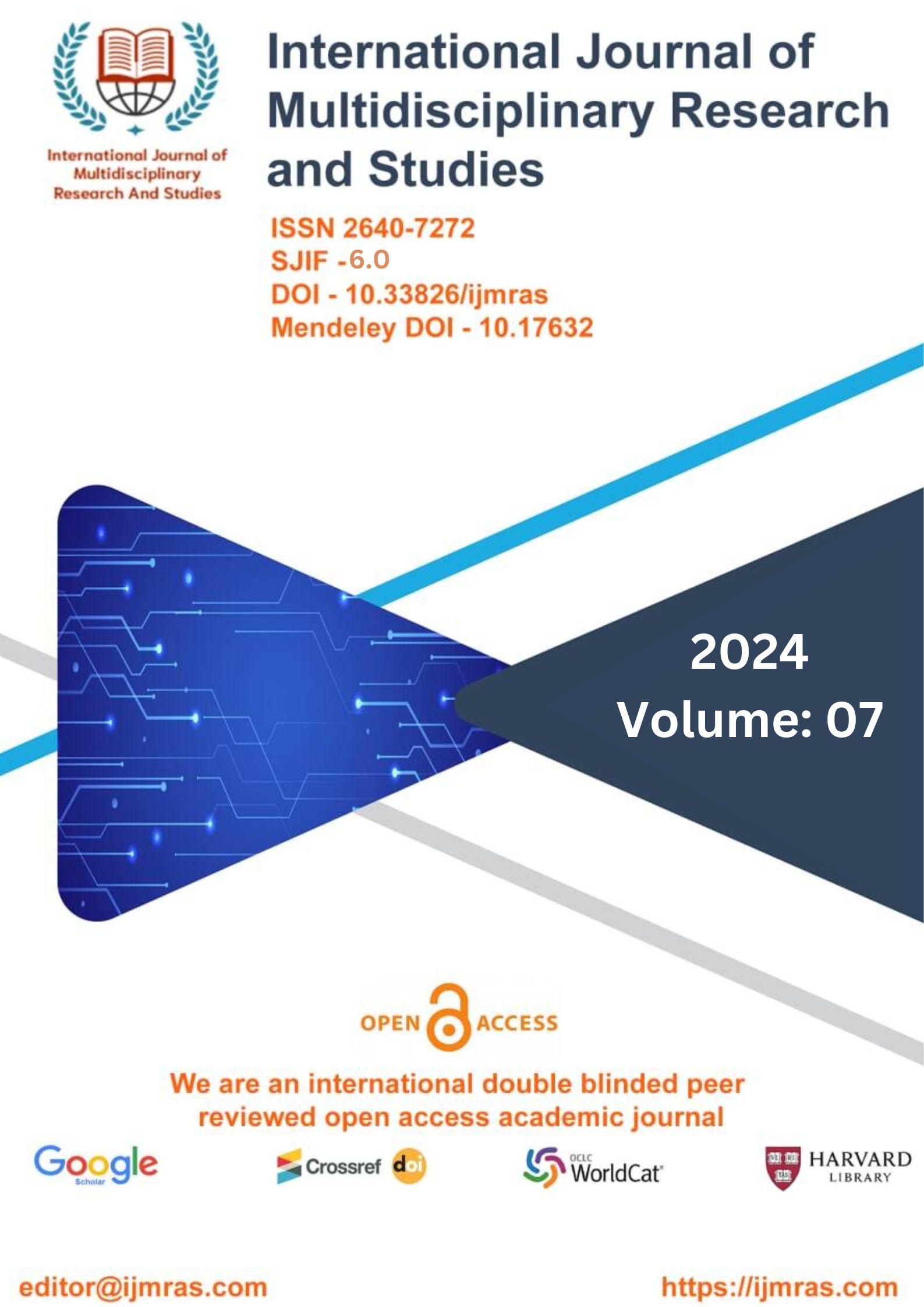“Formulation and evaluation of microemulsion based gel of Calendula officinalis extract and its anti-microbial activity”

Abstract
The present study focuses on the formulation and evaluation of a micro emulsion-based gel containing Calendula officinalis extract, targeting its potential as an antimicrobial agent. Micro emulsions offer a unique advantage in enhancing the solubility and bioavailability of hydrophobic plant extracts, thereby improving their therapeutic efficacy. Qualitative phytochemical screening of Calendula officinalis showed the presence of active metabolites such as Alkaloids, flavonoids, glycosides, carbohydrates, saponin, tannins and phenols. The micro emulsion was prepared using oil, surfactant, and co-surfactant systems, followed by its incorporation into a gel matrix.
The formulated micro emulsion-based gel was characterized for physicochemical properties such as pH, viscosity, spread ability, and stability. The viscosity of microemugel is found to be 6891 ±0.37 cps.
The pH of microemugel is 6.5 and spread ability is 11.18, indicating that microemugel has high release and permeability. The microemugel's creation and shape were verified using SEM images. Furthermore, the antimicrobial efficacy of the gel was assessed against common pathogenic microorganisms including Escherichia coli through in vitro studies. The results demonstrated significant antimicrobial activity, suggesting the potential application of this formulation in topical antimicrobial therapy. The study concludes that the micro emulsion-based gel of Calendula officinalis extract exhibits promising characteristics for the development of effective antimicrobial treatments.
Keywords
Calendula officinalis, Microemulsion, Gel formulation, Antimicrobial activity, Topical therapyHow to Cite
References
Kawakami K, Yoshikawa T, Hayashi T, Nishihara Y, Masuda K. Microemulsion formulation for enhanced absorption of poorly soluble drugs: II. In vivo study. Journal of controlled Release. 2002 May 17;81(1-2):75-82.
Lawrence MJ, Rees GD. Microemulsion-based media as novel drug delivery systems. Advanced drug delivery reviews. 2000 Dec 6;45(1):89-121.
Preethi KC, Kuttan G, Kuttan R. Antioxidant Potential of an Extract of Calendula officinalis. Flowers in Vitro. and in Vivo. Pharmaceutical biology. 2006 Jan 1;44(9):691-7.
Al-Snafi AE. Phenolics and flavonoids contents of medicinal plants, as natural ingredients for many therapeutic purposes-A review. IOSR J. Pharm. 2020 Jul;10(7):42-81.
Kreilgaard M. Influence of microemulsions on cutaneous drug delivery. Advanced drug delivery reviews. 2002 Nov 1;54:S77-98.
Kaur IP, Garg A, Singla AK, Aggarwal D. Vesicular systems in ocular drug delivery: an overview. International journal of pharmaceutics. 2004 Jan 9;269(1):1-4.
Baidya B, Gupta SK, Mukherjee T. An extraction-based verification methodology for MEMS. Journal of Microelectromechanical Systems. 2002 Feb;11(1):2-11.
Prakashan N. Pharmacognosy. Nirali Prakashan; 2009.
Tung NT, Vu VD, Nguyen PL. DoE-based development, physicochemical characterization, and pharmacological evaluation of a topical hydrogel containing betamethasone dipropionate microemulsion. Colloids and Surfaces B: Biointerfaces. 2019 Sep 1; 181:480-8.
Yadav V, Jadhav P, Kanase K, Bodhe A, Dombe SH. Preparation and evaluation of microemulsion containing antihypertensive drug. International Journal of Applied Pharmaceutics. 2018 Sep 7;10(5):138-46.
Singh KK, Vingkar SK. Formulation, antimalarial activity and biodistribution of oral lipid nanoemulsion of primaquine. International Journal of Pharmaceutics. 2008 Jan 22; 347(1-2):136-43.
Volić M, Pećinar I, Micić D, Đorđević V, Pešić R, Nedović V, Obradović N. Design and characterization of whey protein nanocarriers for thyme essential oil encapsulation obtained by freeze-drying. Food Chemistry. 2022 Aug 30; 386:132.
Ahmed MM, Fatima F, Kalam MA, Alshamsan A, Soliman GA, Shaikh AA, Alshahrani SM, Aldawsari MF, Bhatia S, Anwer MK. Development of spray-dried amorphous solid dispersions of tadalafil using glycyrrhizin for enhanced dissolutionand aphrodisiac activity in male rats. Saudi Pharmaceutical Journal. 2020 Dec 1;28(12):1817-26.
Abbas N, Parveen K, Hussain A, Latif S, uz Zaman S, Shah PA, Ahsan M. Nanosponge-based hydrogel preparation of fluconazole for improved topical delivery. Tropical Journal of Pharmaceutical Research. 2019 Mar 11;18(2):215-22.
Silpa GS, Mathan S, Dharan SS. Formulation and Evaluation of Nanosponges Loaded Hydrogel Using Different Polymers Containing Selected Antifungal Drug. Journal of Pharmaceutical Sciences and Research. 2021 Feb 1; 13(2):101-11.
Islam M. Topical Drug Delivery of Polyherbal Drugs Entrapped Gel with Design and Validation.
McGlynn W. Choosing and using a pH meter for food products. Oklahoma Cooperative Extension Service; 2003.
Monica AS, Gautami J. Design and evaluation of topical hydrogel formulation of diclofenac sodium for improved therapy. International Journal of Pharmaceutical Sciences and Research. 2014 May 1;5(5):1973.
Sandeep DS. Development, characterization, and in vitro evaluation of aceclofenac emulgel. Asian Journal of Pharmaceutics (AJP). 2020 Jul 22; 14(03).
Manandhar S, Luitel S, Dahal RK. In vitro antimicrobial activity of some medicinal plants against human pathogenic bacteria. Journal of tropical medicine. 2019 Oct; 2019.
License
Copyright (c) 2024 MD HAMID ANSARI, ASHISH JAIN, MAHADEV KANERE, AKHLESH KUMAR SINGHAI

This work is licensed under a Creative Commons Attribution 4.0 International License.
Individual articles are published Open Access under the Creative Commons Licence: CC-BY 4.0.




